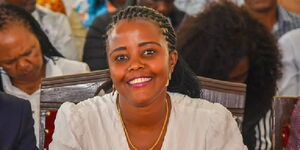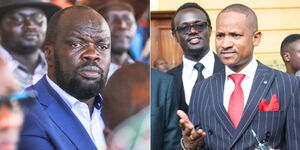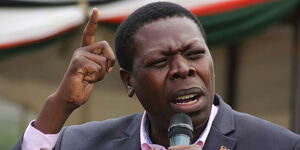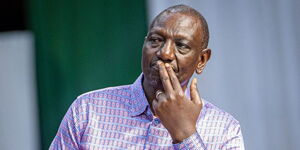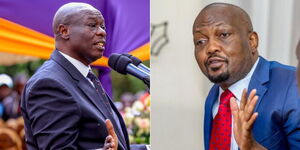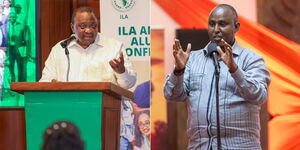Orange Democratic Movement (ODM) leader Raila Odinga has on several occasions promised handouts to the country’s unemployed and vulnerable families should he succeed President Uhuru Kenyatta as country’s 5th Head of State.
In particular, Odinga has pledged a monthly stipend of Ksh6,000 to millions of jobless Kenyans once he forms the next government.
But how practical is this multi-billion shilling Social Protection Program? Where will the money come from, in a country struggling to finance its budget?
Economists see this as just another populist promise that is not based on fact and maybe even too ambitious and unrealistic.
According to Marshall Nyangor an economist at Zimele Asset manager, this is political pledge and whereas it may have worked in other jurisdictions in the Kenyan context, the conditions will have to be right, an issue that he questions whether the political goodwill will be there to ensure there is no misuse of the program.
“Well, this is a political promise in my view, definitely it is sustainable but only on the condition that the government will be able to come up with a list of beneficiaries based on some well-defined criteria to avoid misuse, the sustainability will also depend on the government's ability to tame graft,” he noted.
In developed countries, the concept has been implemented. However, in Kenya its sustainability may be in question owing to the country’s ballooning debt burden as well as limited resources.
For instance, if 20 million Kenyans are onboarded, it will cost the government Ksh120 billion monthly and upwards of Ksh1.4 trillion annually, which is almost half the current Ksh3.7 budget.
“On his side, I believe Raila and his team need to tell us how much is to be budgeted for the project, the sources of funds for the project.” Nyagor added noting that it may be strenuous to the country’s budget.
Currently the country’s budget is sustained through borrowing both domestically and internationally with the government putting in efforts to shift to concessional loans as opposed to commercial loans which are considered expensive and unsustainable.
This promise also comes at a time when the exchequer has been struggling to meet their targets owing to the reduced number of salaried Kenyans.
Odinga has told off critics poking holes in the program, saying it will be the biggest in the region, and citing countries like England, the United States and Namibia where it has worked.







